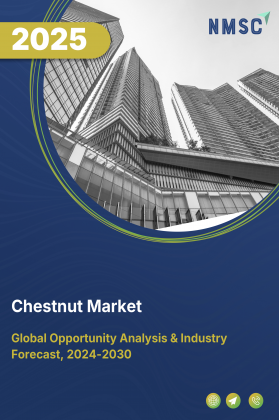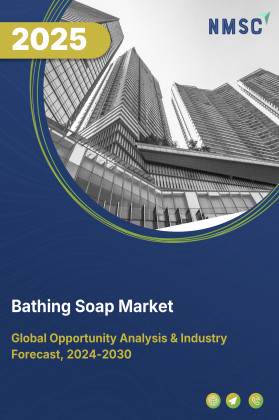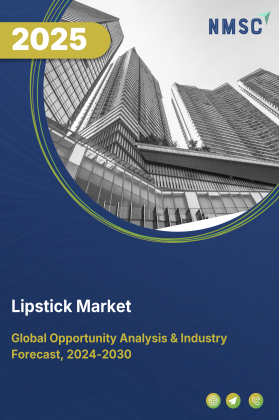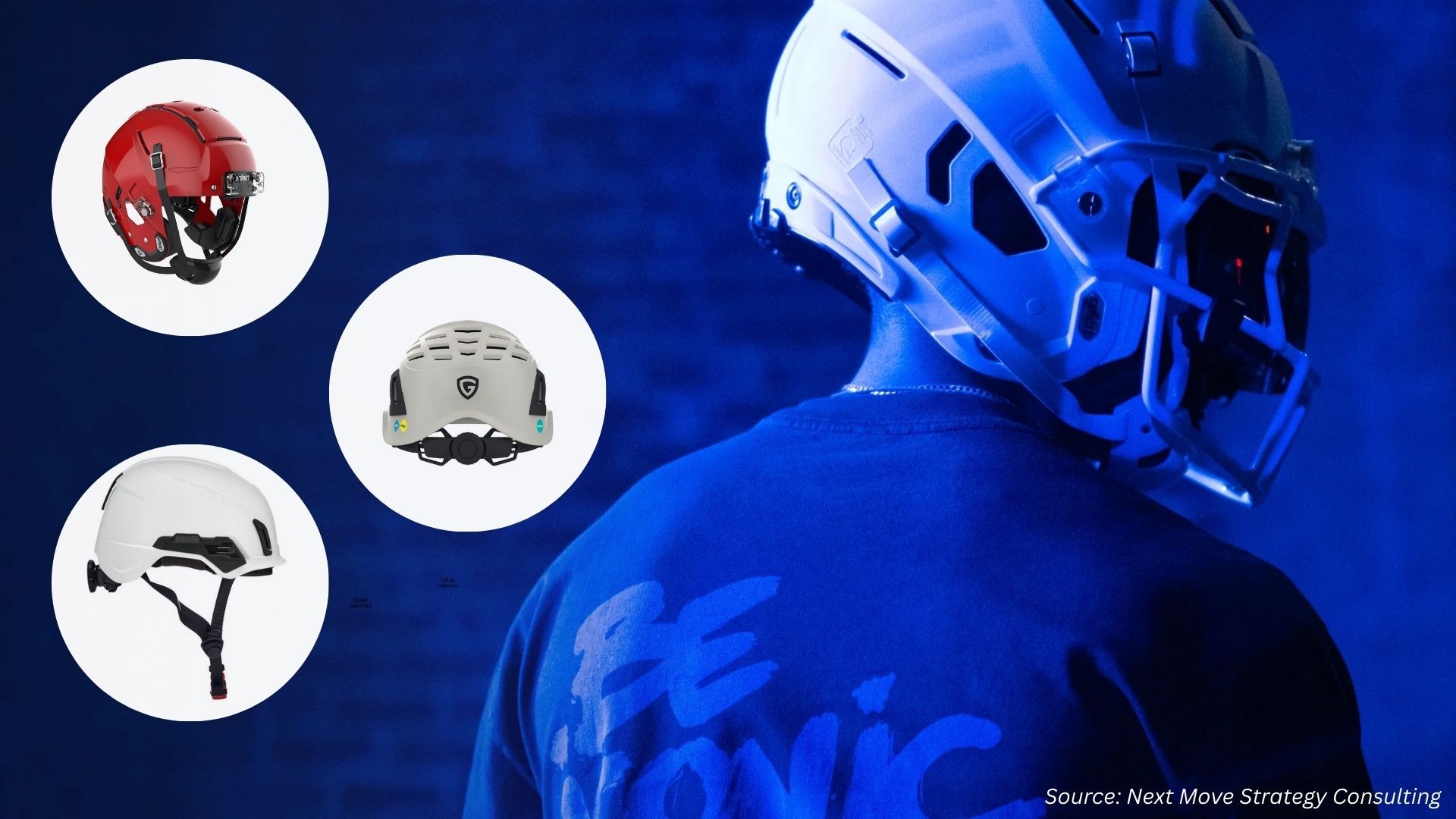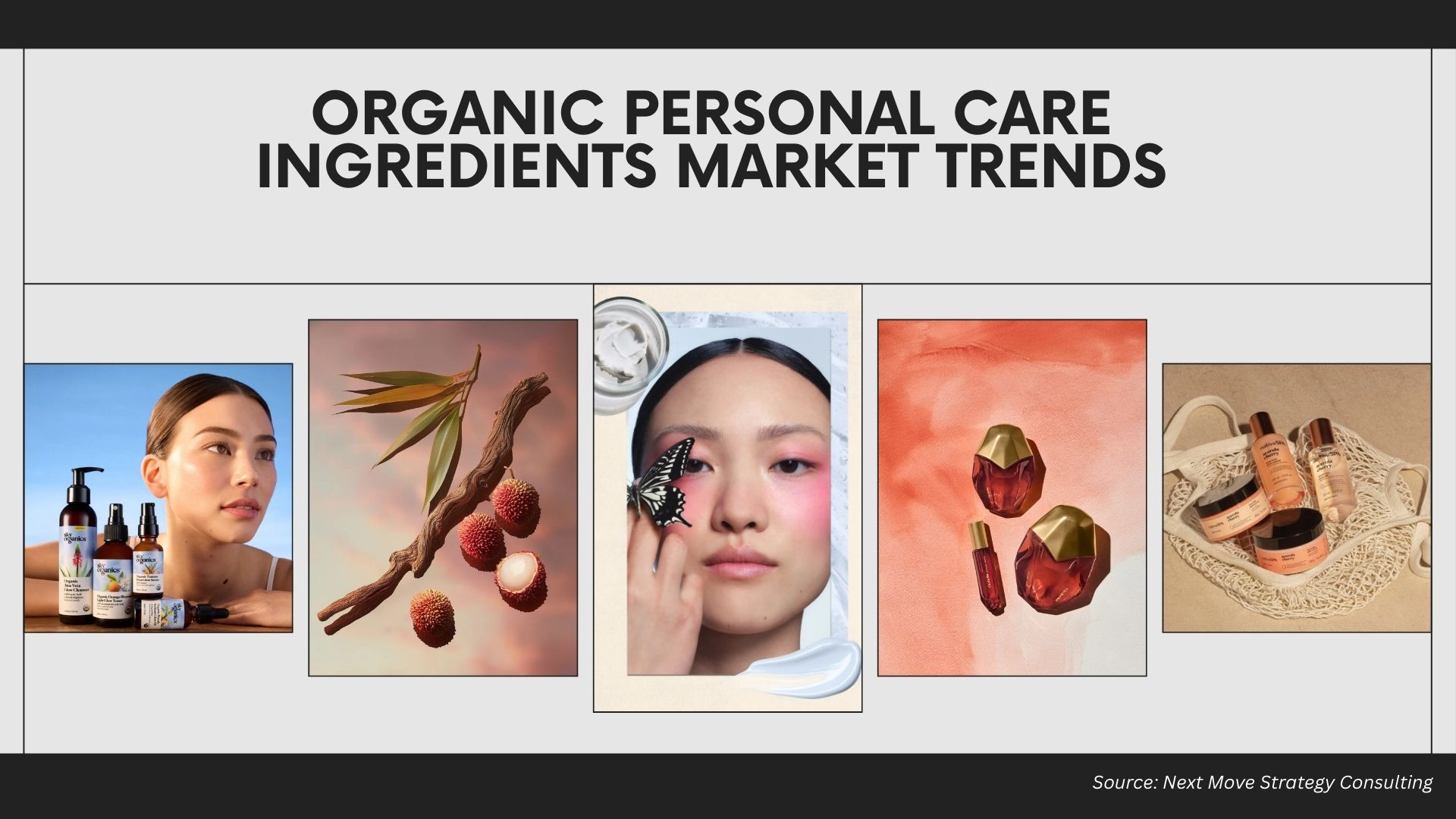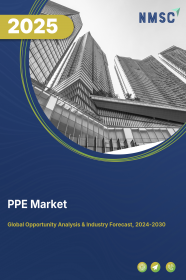
Personal Protection Equipment Market by Type (Hands & Arm Protection Equipment, Protective Clothing, Foot & Leg Protection Equipment, Respiratory Protection Equipment, Eye & Face Protection Equipment, Head Protection Equipment, and Others), by Product (Surgical Masks, Respirator Masks, Gloves, Suits/Coveralls, Aprons, and Others) by Hazard (Electrical, Fire, Biological, Chemical, and Others), and Others – Global Opportunity Analysis and Industry Forecast, 2024–2030
Market Definition
The global Personal Protection Equipment Market size was valued at USD 67.99 billion in 2023 and is predicted to reach USD 102.27 billion by 2030, with a CAGR of 7.0% from 2024 to 2030. Personal protection equipment (PPE) is a protective kit, helmet, goggles, or garments designed to protect the user’s body from injury or infection. It is used as a cautious measure to minimize the risk of hazardous possibilities likely to cause damage to the body. PPE acts as a guarding border between the harmful substances and the user to ensure full safety. This equipment protects the user from various hazards that include physical, electrical, heat, chemicals, biohazards, and airborne. It is worn for job-related occupational safety, health safety, sports, and other recreational activities.
According to the World Trade Organization, the global trade in PPE surged 53% in 2020, driven by the demand for face masks and essential protective gear during the pandemic. While trade declined slightly in 2021 (5.7%) and 2022 (5.2%), the values remained significantly above pre-pandemic levels. In 2022, PPE trade exceeded USD 200 billion, up from USD 146 billion in 2019, highlighting the sustained importance of protective gear worldwide.
Market Dynamics and Trends
Stringent workplace safety regulations and standards imposed by governments and industry bodies require employers to provide appropriate PPE to employees. This, in turn, drives the market growth. For instance, the International Labour Organization (ILO) adopted more than 40 standards and Codes of Practice specifically for occupational safety and health. Nearly half of all ILO instruments address occupational safety and health issues directly or indirectly.
Also, the rising demand for PPE is fueled by the increasing number of workplace fatalities and the growing awareness of the risks of hazardous workplaces. Workers are increasingly using PPE to protect themselves from these risks. According to the most recent data from the International Labour Organization (ILO), about 2.78 million people die each year from work-related causes, of which 2.4 million are due to occupational diseases. This, in turn, drives the demand for PPE and the market growth.
Moreover, the growing awareness of the importance of personal safety in the workplace, especially in high-risk industries, drives the demand for PPE. According to the U.S. Department of Labour, in February 2021, the Occupational Safety and Health Administration (OSHA) collaborated with South Dakota One Call, a South Dakota State University (SDSU) Engineering Extension Program. The collaboration aimed to educate employees and employers about cave-ins, being struck by heavy equipment, falling loads, and vehicular traffic near excavation operations.
However, limited awareness of PPE and the rapid automation of various industries are likely to hinder market growth. On the contrary, rising environmental concerns drive the demand for eco-friendly and sustainable PPE options. This factor is expected to create ample opportunities for the market in the future. For instance, in October 2022, PADM Medical Group received approval from the U.S. Food and Drug Administration (FDA) for the world's inaugural plant-based procedural mask equipped with ear loops, intended for use in healthcare and medical environments within the U.S.
Market Segmentations and Scope of the Study
The PPE market report is segmented based on type, product, hazard, end user, and region. Based on type, the market is segmented into hands & arm protection equipment, protective clothing, foot & leg protection equipment, respiratory protection equipment, eye & face protection equipment, head protection equipment, and others. The hands & arm protection equipment segment is further classified into protective gloves, disposable gloves, leather gloves, wrist cuffs & armlets, elbow protectors, mitts, and barrier creams.
The protective clothing segment is further divided into full-body suits, surgical gowns, coveralls, and safety vests. The foot & leg protection equipment segment is further sub-segmented into safety boots & shoes, leggings, metatarsal guards, and toe guards. The respiratory protection equipment segment is further categorized into respirators and breathing apparatus. The eye & face protection equipment segment is further classified into safety spectacles, welding shields, safety goggles, and face shields.
Based on product, the market is divided into surgical masks, respirator masks, gloves, suits/coveralls, aprons, and others. Based on hazard, the market is classified into electrical, fire, biological, chemical, and others. Based on end-user, the market is divided into manufacturing, construction, oil & gas, healthcare, transportation, firefighting, food, and others. The regional breakdown and analysis of each of the aforementioned segments include regions, such as North America, Europe, Asia-Pacific, and the rest of the world (RoW).
Geographical Analysis:
North America currently holds the dominant share in the PPE market and is expected to boost the market growth during the forecast period. This is attributed to factors such as increasing penetration of PPE in the U.S. for the stringent government regulations and heavy penalties for non-compliance with the standards. For instance, in November 2021, the U.S. Environmental Protection Agency (EPA) categorized different levels of PPE, including level A, level B, and others. Level A protection is required for exposure to hazards to skin, respiratory, and eye protection.
Also, the rising number of fatal accidents in the workplace is driving the demand for PPE in this region. According to the U.S. Department of Labor, 5,190 fatal work injuries were recorded in the U.S. in 2021, which is an 8.9% increase from 4,764 in 2020. It shows the emphasis on PPE kits to improve work safety.
On the other hand, Asia-Pacific is expected to show a steady rise in the PPE market, due to cheaper cost and easy availability of raw materials such as polypropylene (PP), polyester (PET), polyethylene (PE), and nylon in the emerging economies such as China and India. Also, growing risk in the mining industry due to its high level of occupational hazards is expected to drive the market growth in this region. For instance, China accounts for approximately 50% of the global mining employment, making it a major personal protective equipment market.
Competitive Landscape:
The PPE industry comprises various market players, such as 3M, Ansell, Honeywell, MSA Safety, Alpha Pro Tech, DuPont, Johnson Safety Products, Avon Rubber, Kimberly-Clark Corporation and Cardinal Health, Inc., among others. These market players are adopting joint venture strategies and planning business expansion across various regions to maintain their dominance in the market.
For instance, in March 2023, 3M collaborated with Guardhat to integrate 3M's Safety Inspection Management (SIM) software into Guardhat's Industrial Internet of People (IIoP) platform by mid-2023 to enhance real-time safety and collaboration for frontline workers. This aims to expedite the development of SIM software and other connected safety solutions. This, in turn, improves asset management, remote support, emergency response, and incident prevention, providing advanced safety solutions for workers' well-being.
Also, in May 2022, Honeywell launched two new respiratory protection solutions for healthcare workers, including an N95 respirator for smaller facial features and a reusable half-mask respirator with effective filtration for comfortable and extended wear. These additions ensure frontline healthcare workers of all sizes have access to the right respiratory PPE. Honeywell is one of the leading producers of respiratory protection for frontline workers globally.
Moreover, in March 2021, 3M Company collaborated with Cority to accelerate the future of connected safety technology, a 3M Internet of Things (IoT) platform to provide digital and physical products to enhance worker safety.
Key Benefits
-
The personal protection equipment market report provides a quantitative analysis of the current market and estimations through 2024-2030 that assist in identifying the prevailing market opportunities to capitalize on.
-
The study comprises a deep dive analysis of the personal protection equipment market including the current and future trends for depicting the prevalent investment pockets in the market.
-
The information related to key drivers, restraints, and opportunities and their impact on the personal protection equipment market is provided in the report.
-
The competitive analysis of the market players along with their market share in the personal protection equipment market.
-
The SWOT analysis and Porter's Five Forces model are elaborated in the study.
-
Value chain analysis in the market study provides a clear picture of the stakeholders’ roles.
Personal Protection Equipment (PPE) Market Key Segments
By Type
-
Hands & Arm Protection Equipment
-
Protective Gloves
-
Disposable Gloves
-
Leather Gloves
-
Wrist Cuffs & Armlets
-
Elbow Protectors
-
Mitts
-
Barrier Creams
-
-
Protective Clothing
-
Full Body Suits
-
Surgical Gowns
-
Coveralls
-
Safety Vest
-
-
Foot & Leg Protection Equipment
-
Into Safety Boots and Shoes
-
Leggings
-
Metatarsal Guards
-
Toe Guards
-
-
Respiratory Protection Equipment
-
Respirators
-
Breathing Apparatus
-
-
Eye & Face Protection Equipment
-
Safety Spectacles
-
Welding Shields
-
Safety Goggles
-
Face Shield
-
-
Head Protection Equipment
-
Other Personal Protective Equipment
By Product
-
Surgical Masks
-
Respirator Masks
-
Gloves
-
Suits/Coveralls
-
Aprons
-
Others
By Hazard
-
Electrical
-
Fire
-
Biological
-
Chemical
-
Others
By End User
-
Manufacturing
-
Construction
-
Oil & Gas
-
Healthcare
-
Transportation
-
Firefighting
-
Food
-
Others
By Region
-
North America
-
The U.S.
-
Canada
-
Mexico
-
-
Europe
-
The UK
-
Germany
-
France
-
Spain
-
Italy
-
Netherlands
-
Denmark
-
Finland
-
Norway
-
Sweden
-
Russia
-
Rest of Europe
-
-
Asia-Pacific
-
China
-
India
-
Japan
-
South Korea
-
Australia
-
Indonesia
-
Singapore
-
Taiwan
-
Thailand
-
Rest of Asia-Pacific
-
-
RoW
-
Latin America
-
Middle East
-
Africa
-
Key Players
-
3M Company
-
Ansell
-
Honeywell
-
MSA Safety
-
Alpha Pro Tech
-
DuPont
-
Johnson Safety Products
-
Avon Rubber
-
Kimberly-Clark Corporation
-
Cardinal Health Inc.
REPORT SCOPE AND SEGMENTATION:
|
Parameters |
Details |
|
Market Size in 2023 |
USD 67.99 Billion |
|
Revenue Forecast in 2030 |
USD 102.27 Billion |
|
Growth Rate |
CAGR of 7.0% from 2024 to 2030 |
|
Analysis Period |
2023–2030 |
|
Base Year Considered |
2023 |
|
Forecast Period |
2024–2030 |
|
Market Size Estimation |
Billion (USD) |
|
Growth Factors |
Strict workplace safety rules drive PPE market. PPE demand rises due to workplace fatalities and awareness of risks. Workplace safety awareness drives PPE demand in high-risk industries. |
|
Countries Covered |
28 |
|
Companies Profiled |
10 |
|
Market Share |
Available for 10 companies |
|
Customization Scope |
Free customization (equivalent to up to 80 working hours of analysts) after purchase. Addition or alteration to country, regional, and segment scope. |
|
Pricing and Purchase Options |
Avail customized purchase options to meet your exact research needs. |




















 Speak to Our Analyst
Speak to Our Analyst



